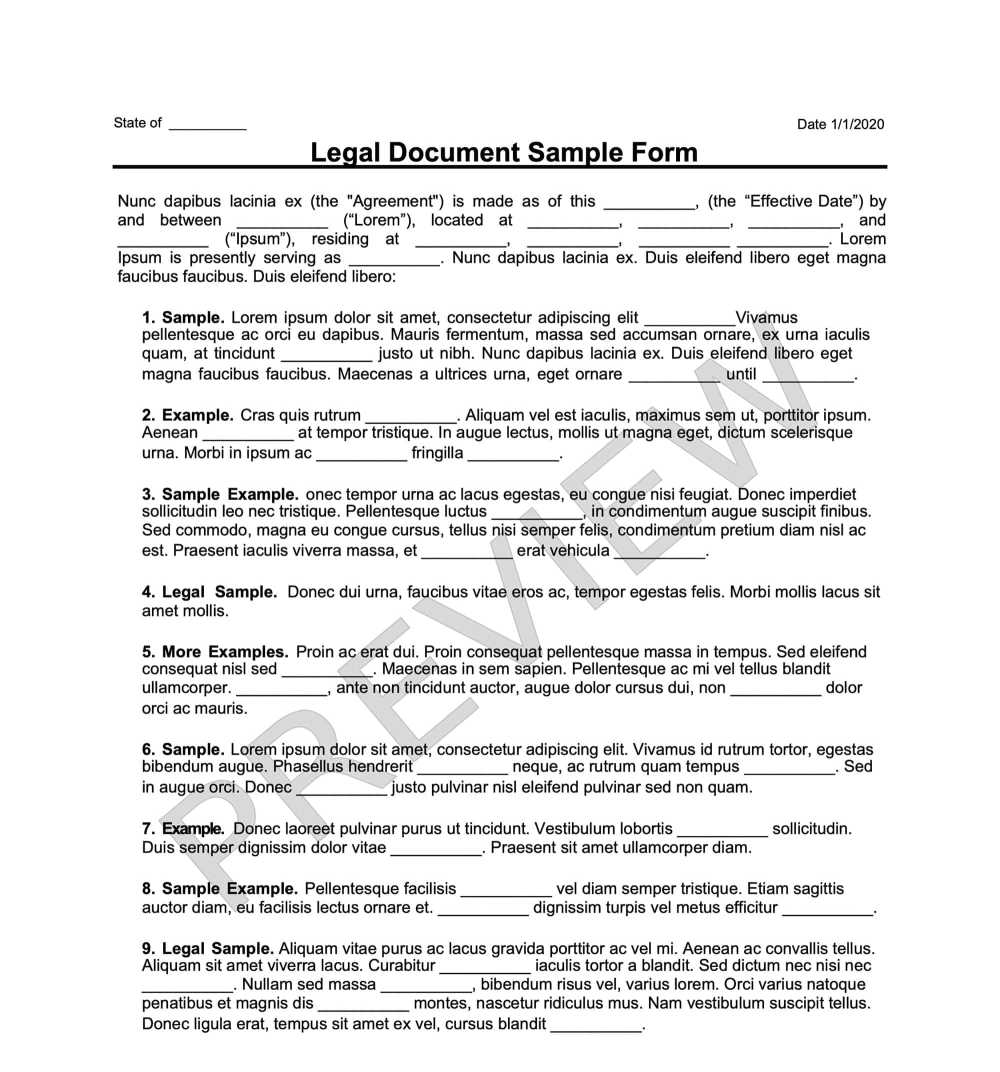Affidavit
Use an Affidavit to guarantee that you're presenting a statement of fact or to ensure someone else's personal knowledge is conveyed truthfully.


Frequently Asked Questions
To be legally effective, the general affidavit must be signed in front of a notary public or other legal authority.
Yes. You can make amendments to an Affidavit, and it may become necessary if you learn new information that disproves what you originally swore to. You'll need to reaffirm the statement in the original Affidavit and then provide the additional information in a separate document. An amendment to the original Affidavit must be executed in the same way to be valid.
Lying in an Affidavit can result in penalties of perjury. Perjury is a federal and state crime but the penalties vary based on the jurisdiction where it happened. If you're convicted of perjury, the degree to which the perjury interfered with court proceedings will affect the penalty. You may face a fine, a prison sentence, or both.
Moreover, you'll be viewed in a legal proceeding as having diminished moral character. This could call into question any further statements you make and compromise any legal decisions in your future.
Practically speaking, both documents serve the same purpose — to swear that a statement is true. However, Affidavits are most often used in the context of court proceedings or organizational processes. Statutory declarations are most often used outside of the courts and by government agencies to submit facts.
Yes, in most cases. There are no age limitations on who can and cannot sign an affidavit. However, a minor will need to be deemed of sound mind and old enough to understand that he or she is signing a document that must be true.
Yes, and you should absolutely not sign an Affidavit if you don't fully understand the terms or you disagree with any of the information in the statement. Contact an attorney for legal counsel if you don't want to sign an Affidavit requested of you.




